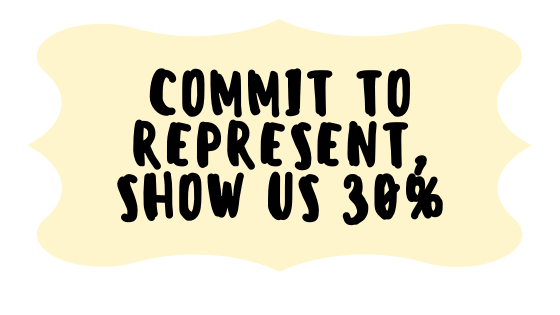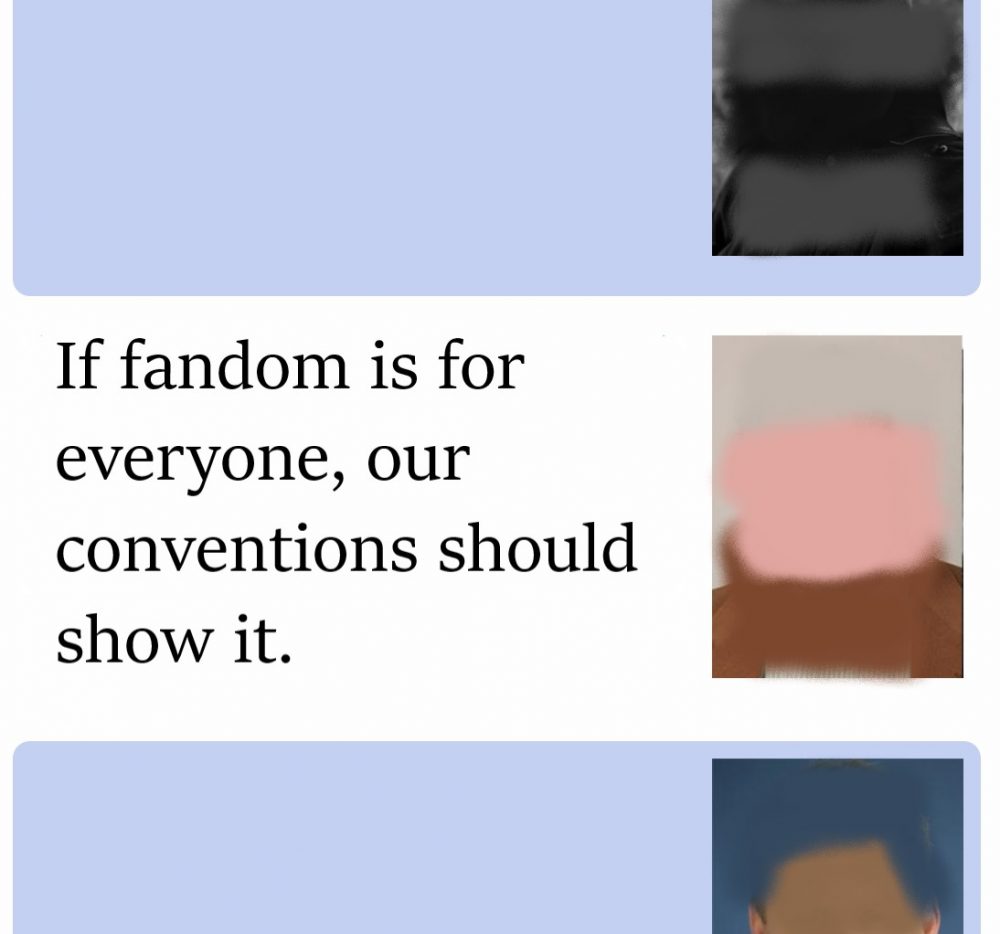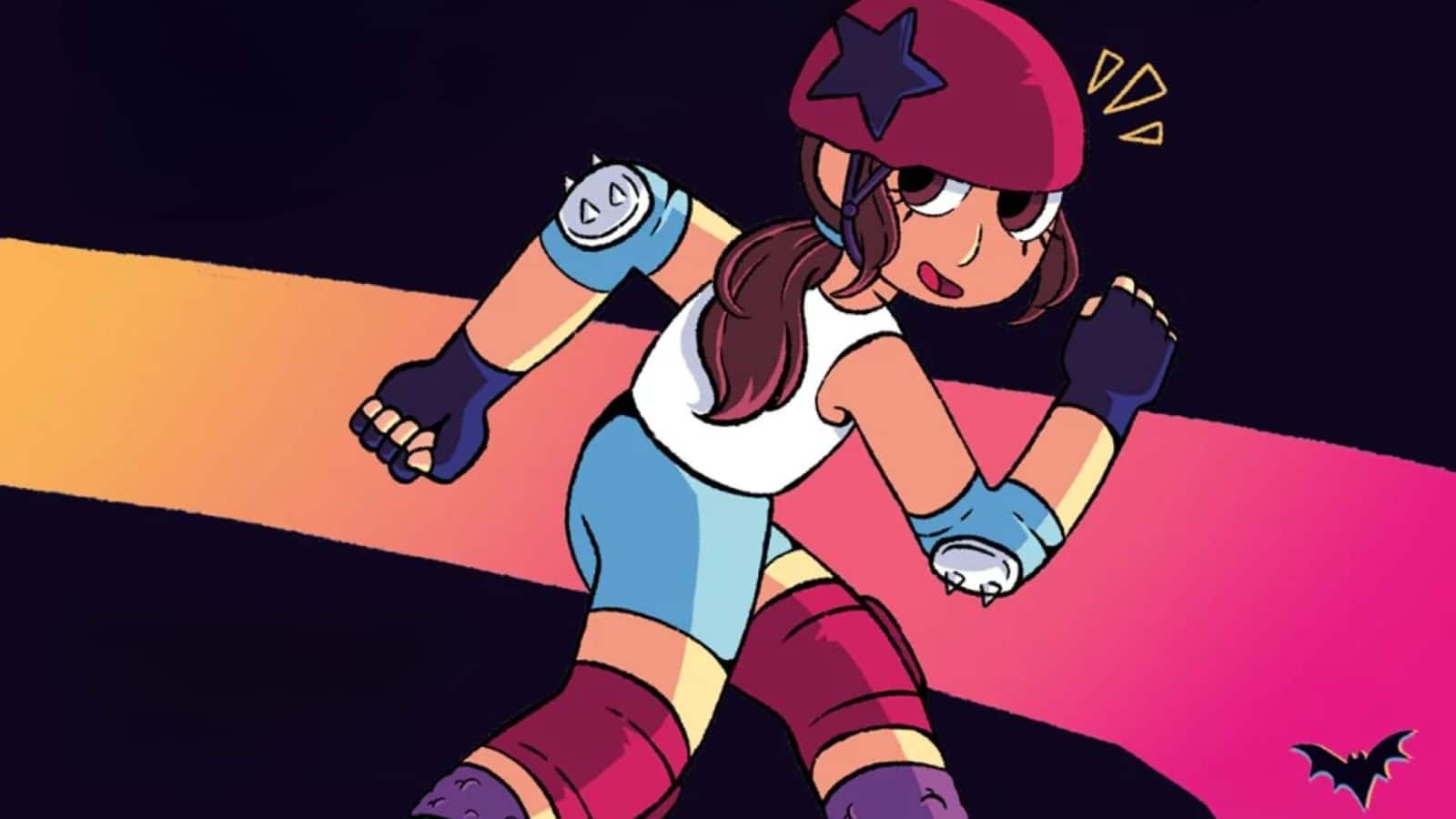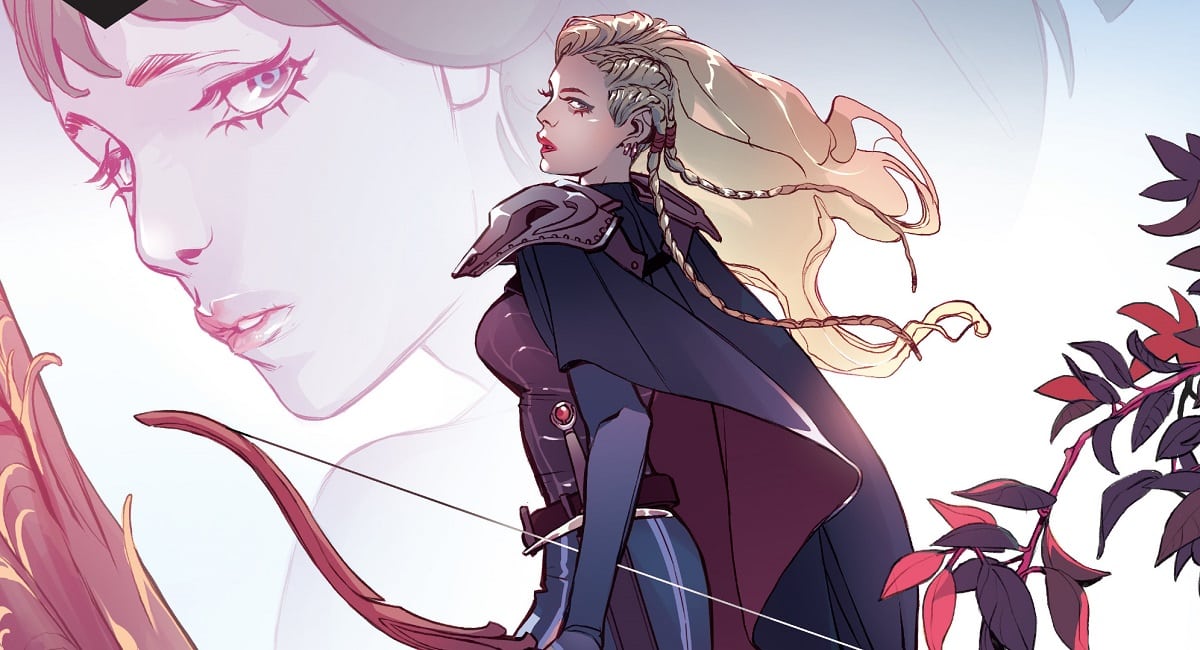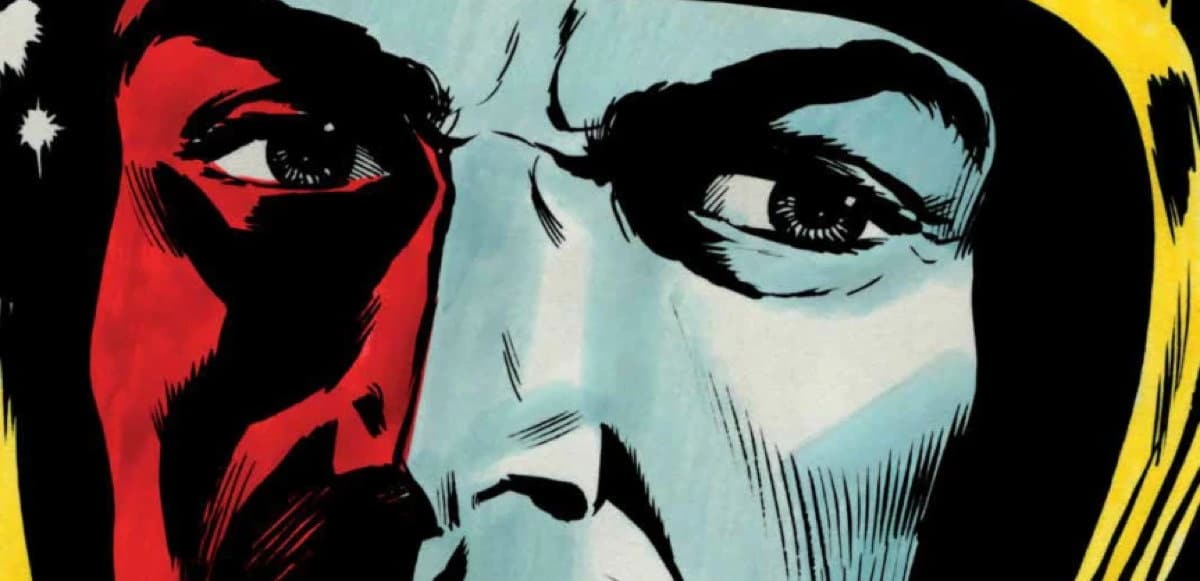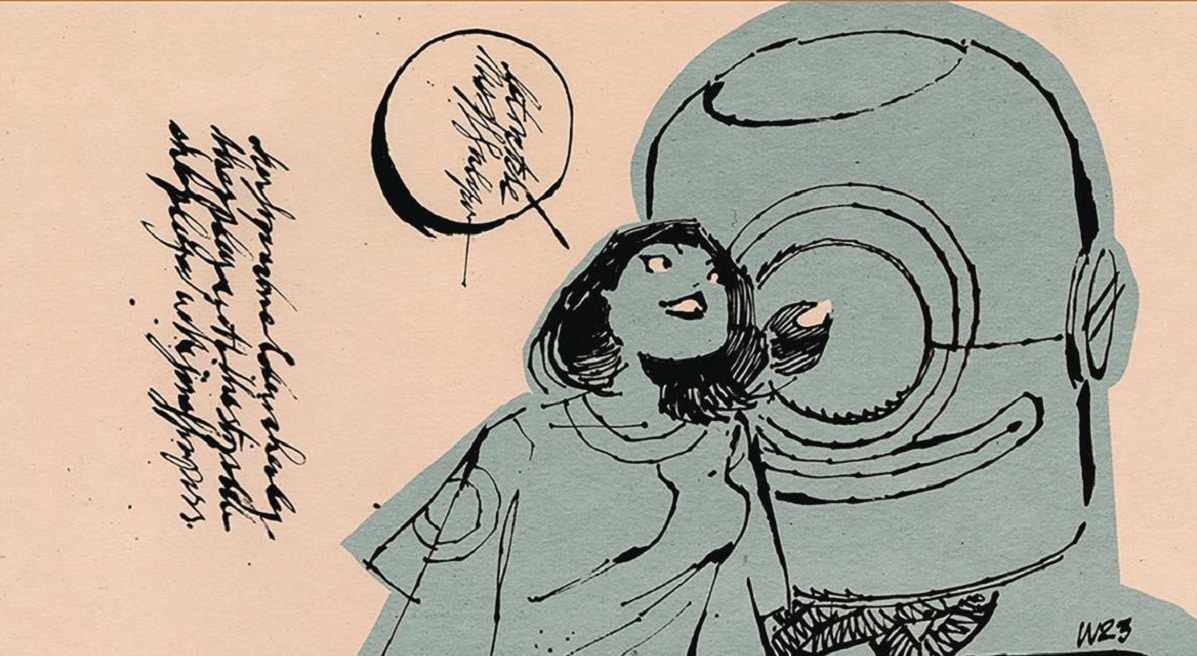Comic conventions have a representation problem. Awesome Con, a comic and pop-culture convention held in Washington D.C. reportedly had four African American guests. Likewise, the convention boasted a guest list with less than 25 percent non-men. It seems like every year we see the same kinds of articles published about increasing representation at conventions. Still, little seems to change. Too often the work of increasing inclusivity within the convention space falls on people from marginalized backgrounds.
So, not only are folks who are already at an institutional disadvantage expected to do the work of gaining access into unfriendly spaces but then they alone are supposed to bring about change? No. We can do better and we’re not alone in thinking this. On April 24, Stephanie Cooke, the woman behind the comics toolkit website Creator Resource, posted a call to action. The request? To increase representation of marginalized groups at comic conventions to at least 30 percent.
Change, now
The Beat spoke with Cooke via e-mail about the origin of the pledge and what she hopes to accomplish with the campaign. Speaking to Cooke, her passion for creating change is evident. Our interview dove into how the pledge for 30 percent representation at conventions came about and what she hopes to accomplish. The Creator Resource pledge was born from a Twitter thread by Cooke. The thread looked at who is (and isn’t) invited to speak at conventions. What Cooke found dismayed her. It turns out popular conventions were barely breaking double digits in terms of asking anyone other than cisgender men.
Wondercon (@WonderCon) JUST happened and doesn't have a guest list like we see on most other comic con web sites. But regardless…
▪️Of the 30 guests announced on the web site, 9 are women – 30%— Stephanie Cooke on Hiatus(ish) (@hellocookie) April 3, 2019
After her Twitter thread took off, Cooke says, “I got to thinking about how we could work on that and address these issues. Jenn St. Onge and I started by putting together a database of women, trans, and non-binary creators who wanted to be invited to more conventions and were available.”
How Cooke landed on the 30 percent number is not arbitrary. Cooke says she wanted a realistic number: “Many of these conventions barely hit 10 percent. Thirty percent seemed like something both reasonable and attainable to see in the next couple of years – from there; I’m hoping that number grows until we do get 40-50 percent.”
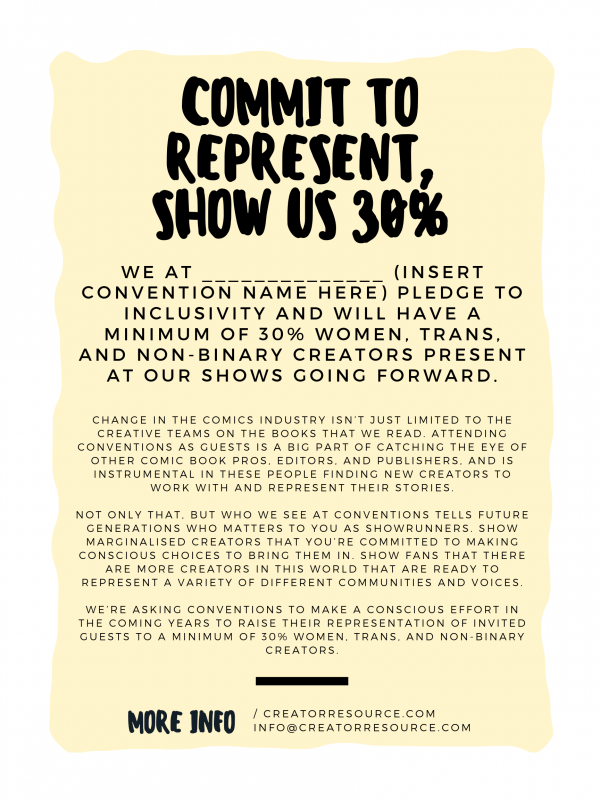
When it comes to tracking the data, Cooke plans on coordinating these efforts herself by compiling the data on a spreadsheet. She hopes to highlight conventions that agree to the 30 percent pledge on the Creator Resource website in the future. The pledge is a jumping-off point aimed at raising awareness about our accountability for how we show up within the comics industry.
Cooke advises people to ask more questions of showrunners, especially if you are in a position of privilege. If you are a white, cisgender individual who gets paid to attend these conventions, consider the spot you might be taking.
“[People with privilege] can back out of the show and make the showrunners aware that they would like to give up their spot for a different creator that better represents who is out there making comic books,” Cooke tells The Beat.
She adds, “We can also, more in general, be aware of what shows we’re buying tickets for and putting our money towards. Comic cons are events for the fans – we can and should demand better of the people putting these shows on. At the end of the day, like it’s written on our call to action, comic cons aren’t just a paid getaway for creators and guests (if they’re invited as guests). Comic cons are our networking hubs where publishers, editors, comic pros, and more gather. These people often find the people for their next books and projects at these events as they see them and their work around the show.”
She continues, “Having inclusive and diverse teams on comic books is very directly related to the people who are seen at comic cons. One feeds into the other, and conventions need to start showing those people as well as the fans that there are more people out there that matter.”
Calgary Expo (@Calgaryexpo):
▪️Of the 70 comic book guests announced, 14 are women – 20%Further breakdowns:
▪️Of the 24 featured guests, 1 is a woman
▪️Of the 16 special guests, 4 are women— Stephanie Cooke on Hiatus(ish) (@hellocookie) April 3, 2019
No more excuses
This pledge is about getting people to recognize the power in asking and demanding more from convention showrunners and organizers. We can impact and require change, and we can do this by using our voices and pocketbooks.
Cooke notes, “Andrea Demonakos [former VanCAF festival director and owner of White Squirrel] put together a great thread on Twitter about the typical response that we see from some of these showrunners and their excuses. She addresses that and talks about what she did to help open the eyes of her husband who, at the time, was running ECCC. The change we want to see is possible and obtainable. We need to hold these conventions to a higher standard and do it loudly.”
As Cooke states above, part of the reason she and her team settled on 30 percent representation at conventions is that they want people to feel like the goal is obtainable. It’s about creating an environment where change can occur, but does it go far enough and does it do so in the right way? Some, including academic, culture critic and occasional contributor to The Beat, Reed Puc (who, in full disclosure, is our managing editor’s partner), worry that the phrasing of Creator Resource’s call to action is more exclusionary than intended.
Puc notes, “I generally dislike the term ‘trans’ as a separate category when genders are listed. Trans women are women; trans men are men; trans-non-binary people are non-binary people. Trans is a way of experiencing gender, not a modifier of gender.” They add, “I think simply saying ‘marginalized creators’ would address the structural inequality of who is seen at cons. Because ‘marginalized’ would also include people of color (of all genders – men of color are also underrepresented in comics), as well as disabled people, neurodivergent people, LGBQ people.”
One thing is for sure: there is real harm caused by conventions lacking representation. There’s a misconception out there that if people were fans, they would show up no matter what. Wrong. Change happens when efforts are made to make spaces more welcoming. Take a look at San Diego Comic-Con: convention organizers made some concerted efforts to reach out to the ever-growing lady fan demographic and guess what happened? Women showed up.
People go where they feel welcome, seen and respected. What remains evident here is that there is a desperate need for change at comics conventions. As an industry, we can do better than representing marginalized creators at just a 10 percent ratio to cisgender, white men invited to be guests at cons. Cooke hopes this pledge will serve as a way to bring awareness and much-needed change to who we see at conventions. To that end, we each have a role to play. Cooke and Puc aren’t asking for anything drastic, merely a request that conventions represent the world we live in.
For more information, reach out to [email protected].
Portions of this interview have been edited for brevity and clarity.


